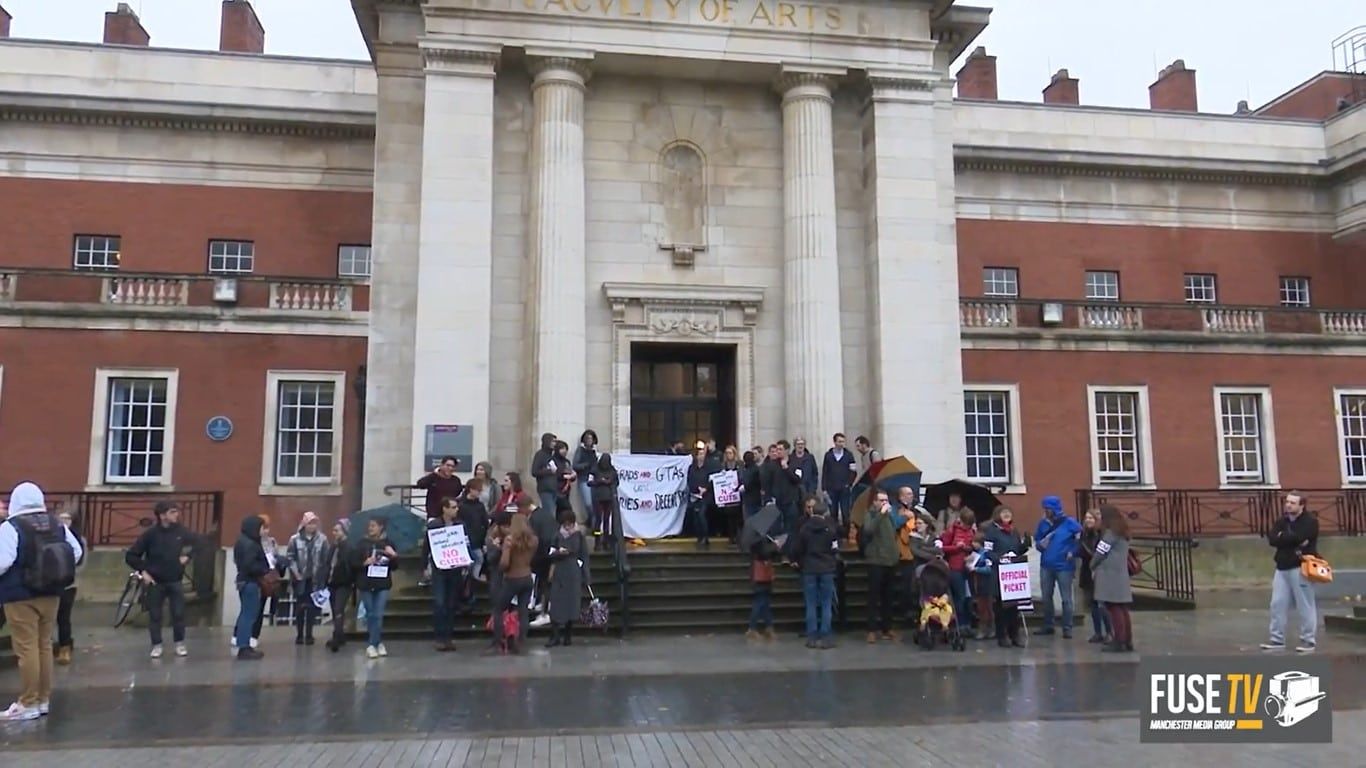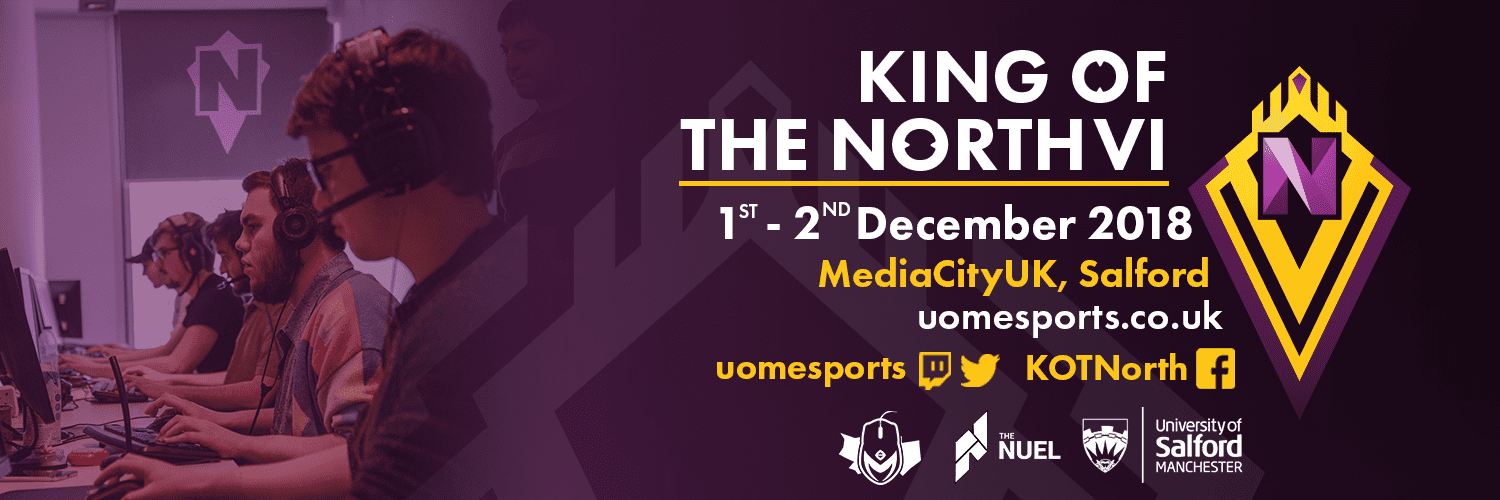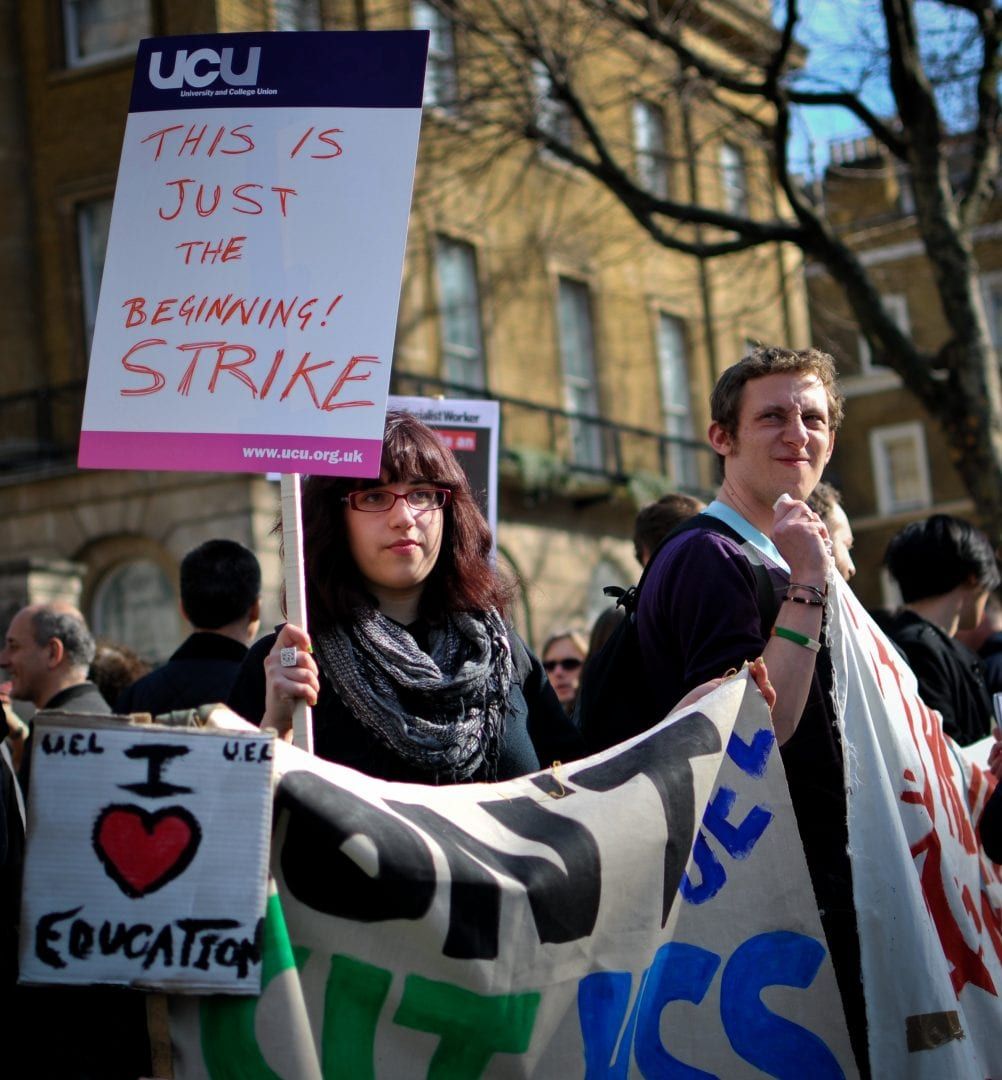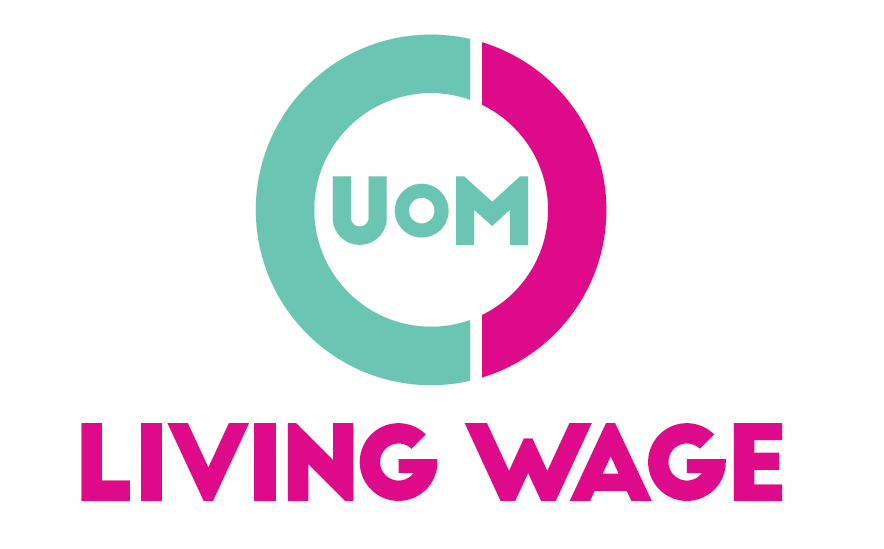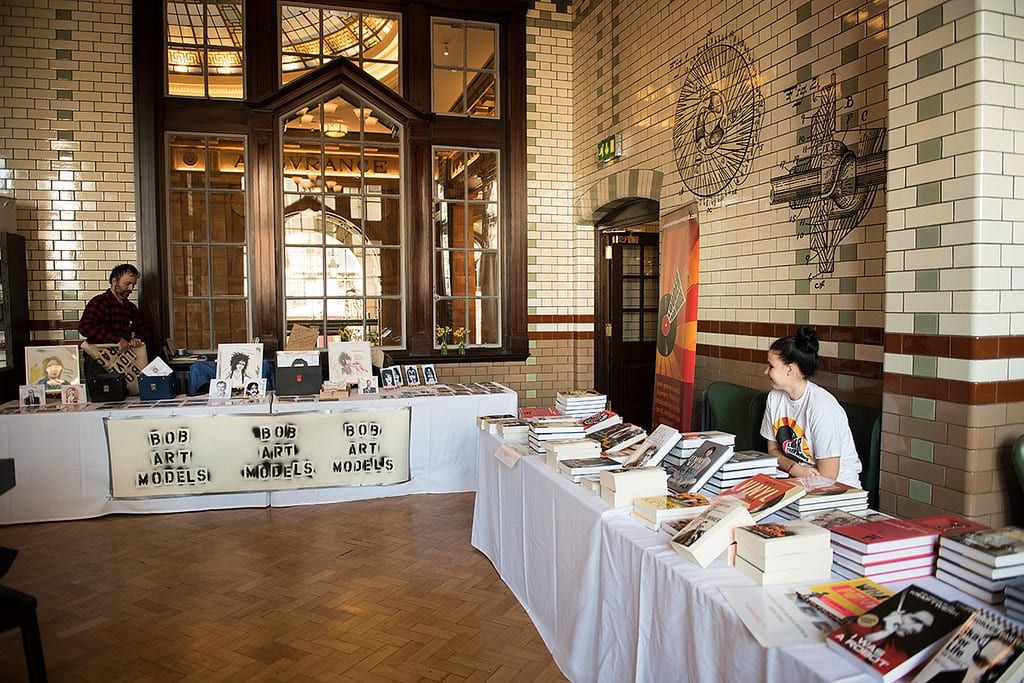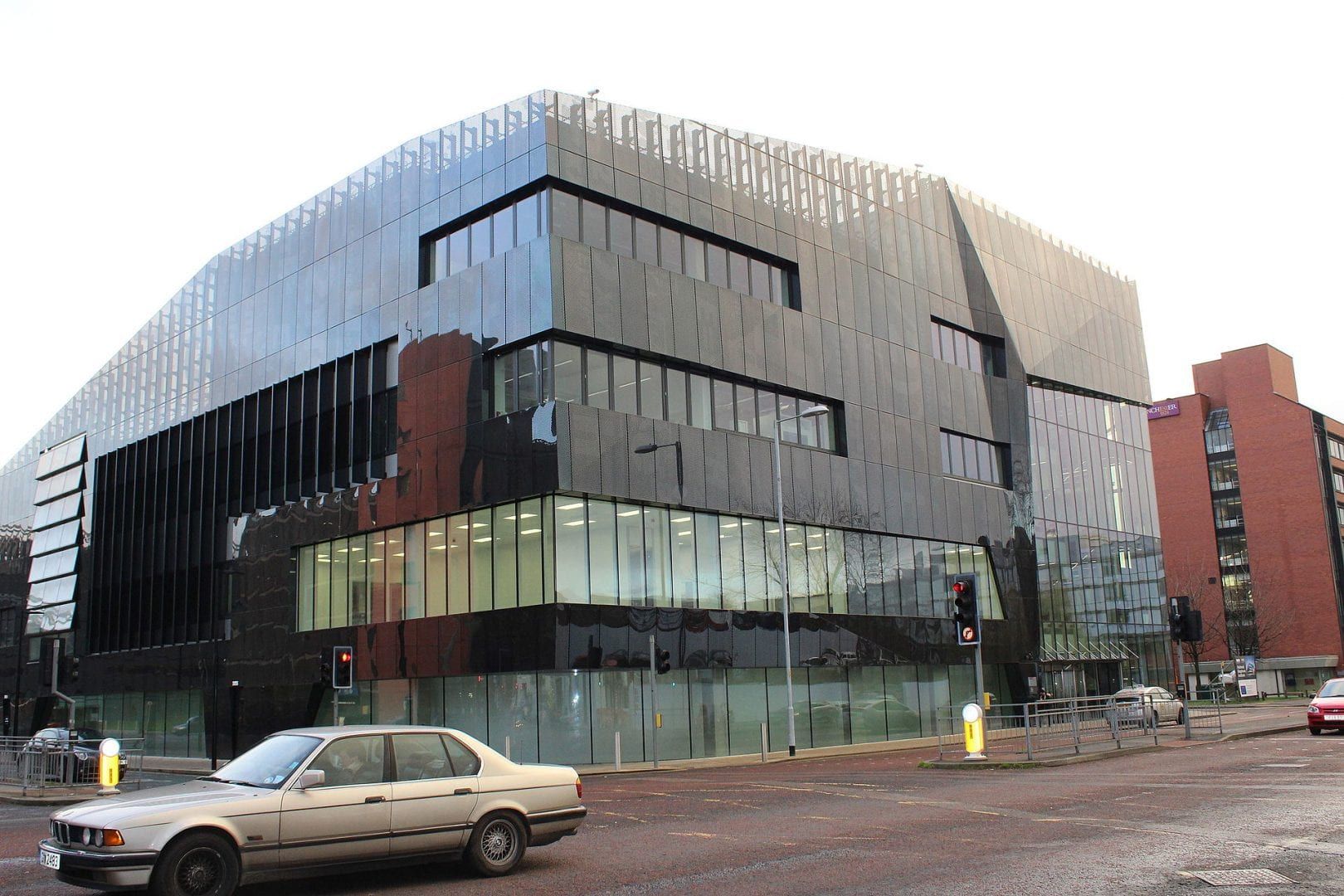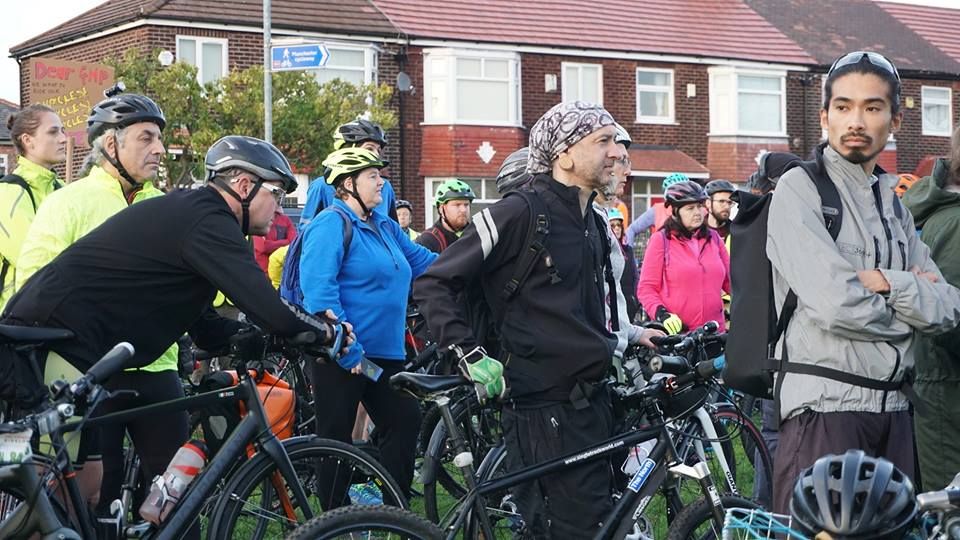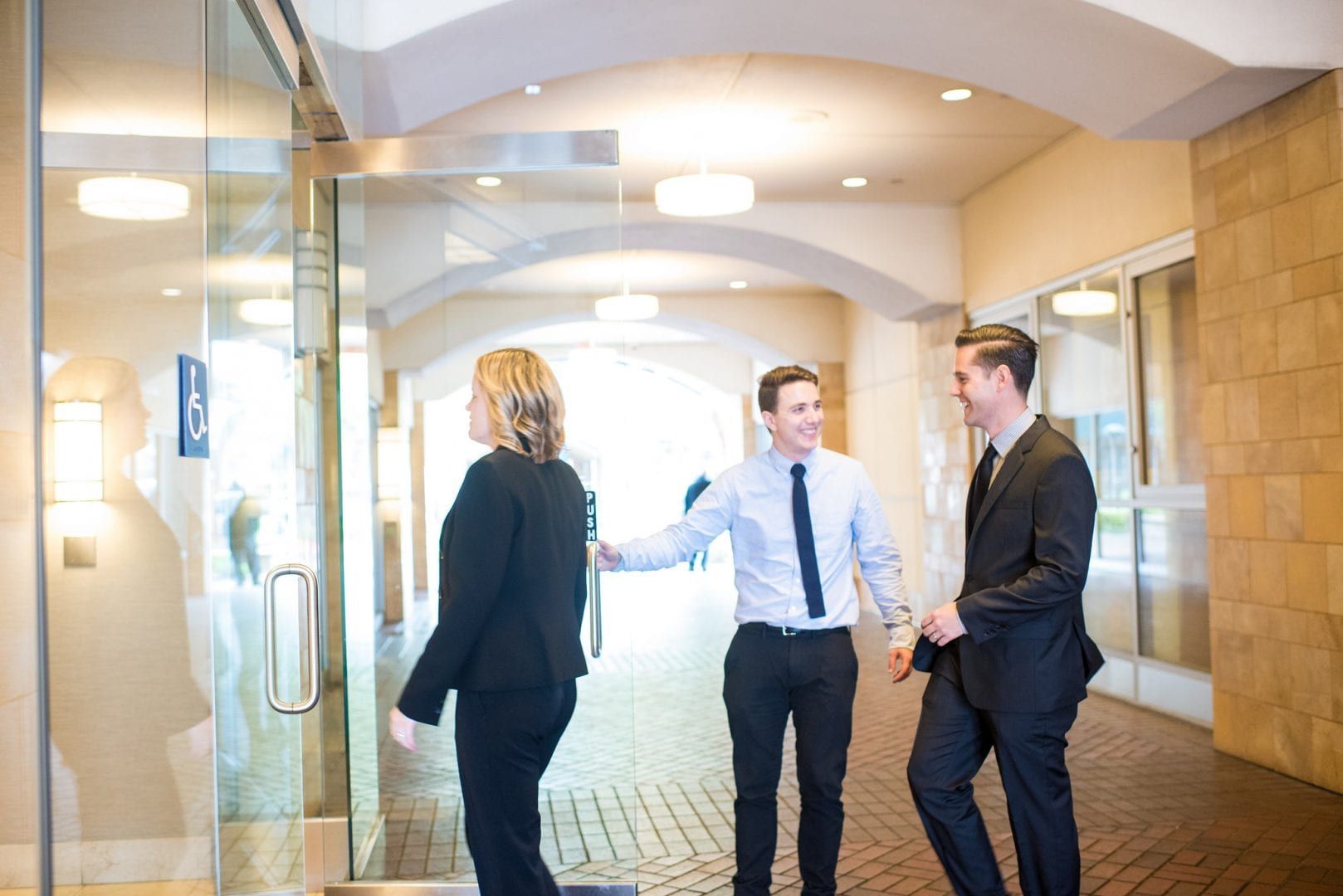Review: ‘Titters and Tassels Burlesque and comedy show’
After interviewing Mandy Tootil (Toots), seeing Titters and Tassels was highly anticipated. Together with her comedy partner Kerry Leigh (Leigh), the two were personable and hilarious from start to finish, bringing a really enjoyable informal and friendly atmosphere to the show.
Held at Gullivers (Northern Quarter), the venue was intimate and packed. The audience were constantly immersed in the performances, as the burlesque dancers sashayed past us to the stage.
Entering dressed as ironic nuns (with balloon breasts), Toots and Leigh had the audience laughing from the start as they stripped to reveal their vampire inspired lingerie. Toots was sporting a bedazzled strap-on penis on which she kept getting her mic cord caught on and both women were unapologetically messing around on stage with obvious zest and chemistry. They entertained the audience with their rendition of ‘Sweet Transvestite’ (Rocky Horror Picture Show) and worked out how many “burlesque virgins” were in the room.
Toots and Leigh described Burlesque as “Disneyland for adults” and told the audience that they’d have to make some noise otherwise it would be “like sitting in someone’s bedroom watching them get undressed.” Indeed, this appeal to the audience to embrace the performance as an art form instead of something more private, alluded to the debate over burlesque. Is it something sexually empowering, owned by the performers or another embodiment of a patriarchal society that perpetuates the objectification of women?
Millie Dollar was the first act, evoking the glamour of Old Hollywood as she appeared adorned in green feathers and sequins. She was powerful and mesmerising and showed off her dynamic moves that would have been at home at Notting Hill Carnival.
The Toots and Leigh interludes created the “Carry on meets burlesque” atmosphere perfectly. Next on the stage was Coco Love, whose fiendish demeanor certainly fulfilled the promise “dance with the demon, and it’ll leave you on fire” (Toots). The focus of her devilish performance was the use of a pair of fans trailing black and red fabric. They rippled with expert precision, creating an intense sense of strength and power.
Just when you thought the show had reached its outrageous and entertaining quota, Velma Von Bon Bon entered. Dressed as a skunk, she shimmied past the audience, tickling us with her black and white tail. Her humorous performance of Prince’s ‘Get off’ put the ‘burla’ in ‘burlesque’, given the comic origins of the dance form stemming from the Italian word for a jest (burla).
Toots and Leigh returned to the stage to leave us crying with laughter at their play on the Naughty Boy’s ‘Runnin’ (Lose It All)’ by changing the word ‘running’ to ‘strumming’ as Toots complained Leigh was never around because she was too busy masturbating. This moment underlined the brazen display of female sexuality which ran throughout the performance.
Toots and Leigh undertook as many costume changes as the burlesque artists, at one point arriving in skeleton leotards paired with trainers, then changing into fluffy dressing gowns. Penny Lick was another stand out artist, with her “voluptuously vintage” style (Leigh) wearing a blue negligée. Her intense sensuality and platinum blonde hair certainly evoked Marilyn Monroe.
Velma von Bon Bon returned to wow us with her ‘Village People’ costume changes whilst on a unicycle. If this wasn’t an impressive enough display of multi-tasking, there was still more to come. She finished the act skipping whilst still balancing on the unicycle!
The audience was persistently involved in the show – there were birthday shoutouts, pass the pumpkin trick-or-treat games and the constant hilarity of Toots and Leigh. This show made us fall in love with the combination of burlesque and its comedic hosts. We can’t wait to go back for more titters and more tassels.
Written by Anuli Chunga and Bella Jewell


